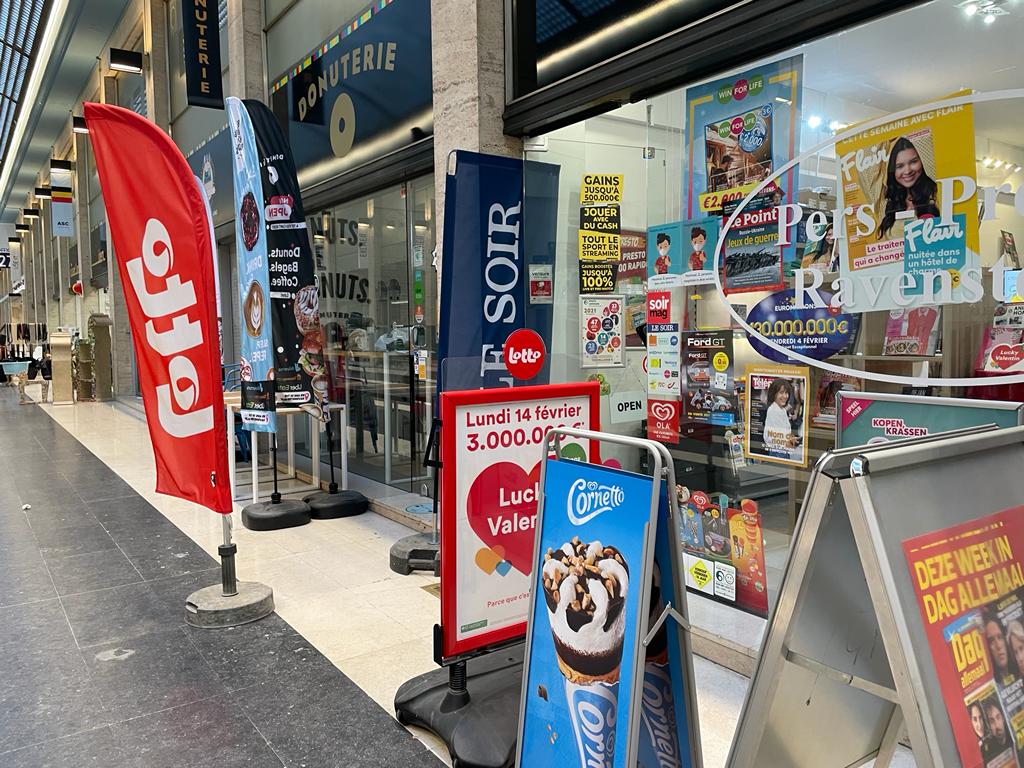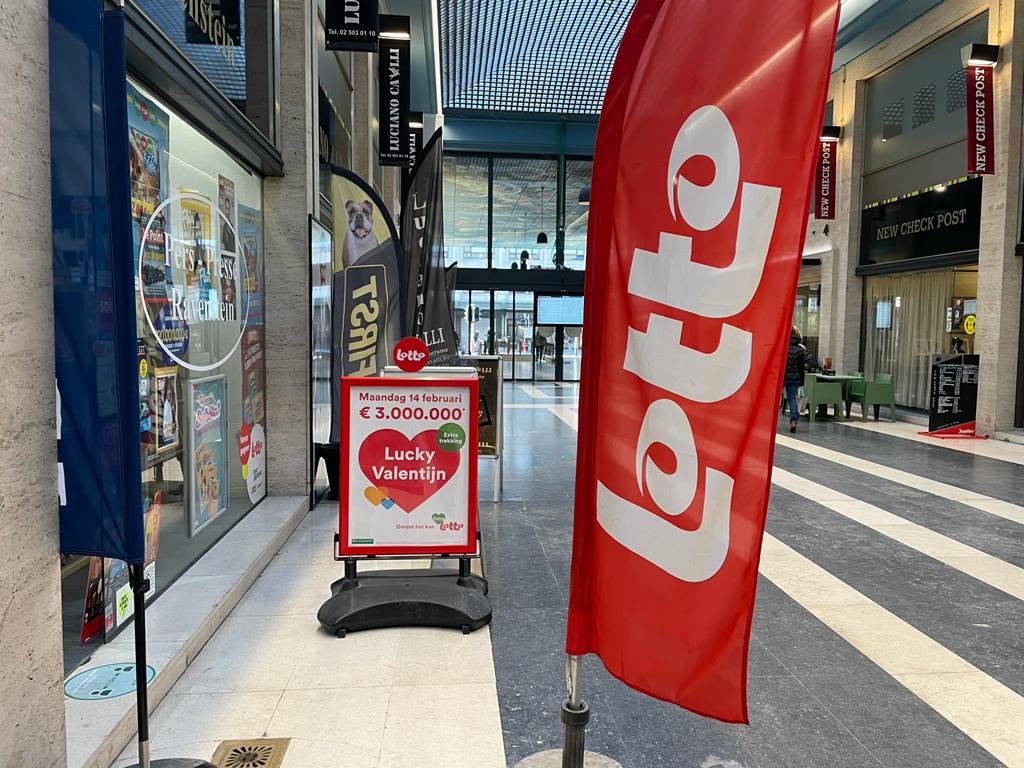Shops that offer sports betting and other means of gambling will be required to register all customers and check whether they are of legal age or on a blacklist from 1 October 2022.
The new legislation is part of a package of gambling reforms introduced by Federal Minister of Justice Vincent Van Quickenborne after bpost sold its chain of newspaper shops – many of which also offer gambling and sports betting – to a gambling company.
“After the clearer rules for gambling in newsagents, we are taking another important step in protecting people against the devastating consequences of gambling addiction,” Van Quickenborne said in a statement.
“The list of excluded persons is a powerful weapon that we want to use more often. Therefore, we also call on all general practitioners, care workers or social workers to use it, in consultation with the person concerned, at the first signs of problematic gambling behaviour.”
Related News
- 'Loopholes are being abused': Belgium cracks down on gambling in newspaper shops
- Backdoor to addiction: Concerns raised over bpost's sale of retail stores to gambling company
- Bpost sells Press Shop and Relay chains to gambling company
Sports betting is becoming increasingly popular, including among young people, and the number of people suffering a gambling addiction is likewise rising in the country.
Sports betting booms
In Belgium, 497,047 people took part in online betting, for a total stake of €6 million. The share of young people gambling has also risen: 18 to 20-year-olds now represent 8.7% of online gamblers, people aged 21-29 representing 34% and 30 to 39-year-olds accounting for 27%.
Checking IDs to ensure that gamblers aren’t underage or on the list of excluded people is already required for casinos and amusement arcades, but newspaper shops have long existed in a grey area.
“By extending this to betting shops, minors and vulnerable people will be better protected from the devastating effects of gambling addiction,” Van Quickenborne’s office said.
The date of 1 October 2022 was chosen because it comes ahead of the World Cup in Qatar.
“Statistics show that large sports tournaments bring an enormous increase in betting. For example, during Euro 2020 up to four times as many online bettors registered than outside that period.”
A blacklist for gambling addicts
Belgium keeps a list of people considered to have problematic gambling behaviour, and people on the list are not allowed to participate in betting or gambling activities.
The share of individuals voluntarily adding their names to the list (37,741) has increased by 70% since 2014, and the number of people excluded by the Gambling Commission has increased fivefold in the same period.

A newspaper shop in Brussels advertises Lotto products. Photo by Helen Lyons/The Brussels Times
Gamblers can also end up on the list if a family member, doctor, social worker or any other interested party submits an application to the Gaming Commission. On average, eight applications are received by the Gaming Commission every day. During Euro 2020, this increased to 12 per day.
“On the one hand, these are worrying figures; on the other, it also shows that gambling addicts are finding their way to exclusion more quickly to avoid worse,” reads a statement from Van Quickenborne’s office.
“We are putting even more effort into raising awareness and making the exclusion procedure even better known.”

